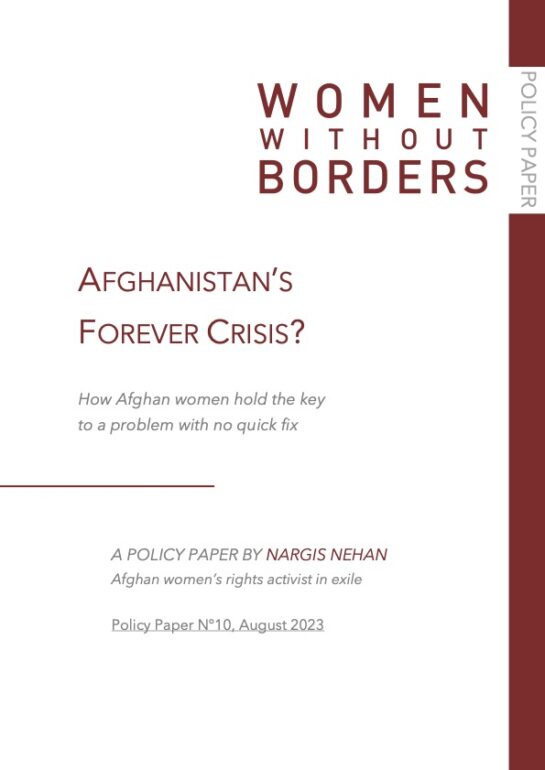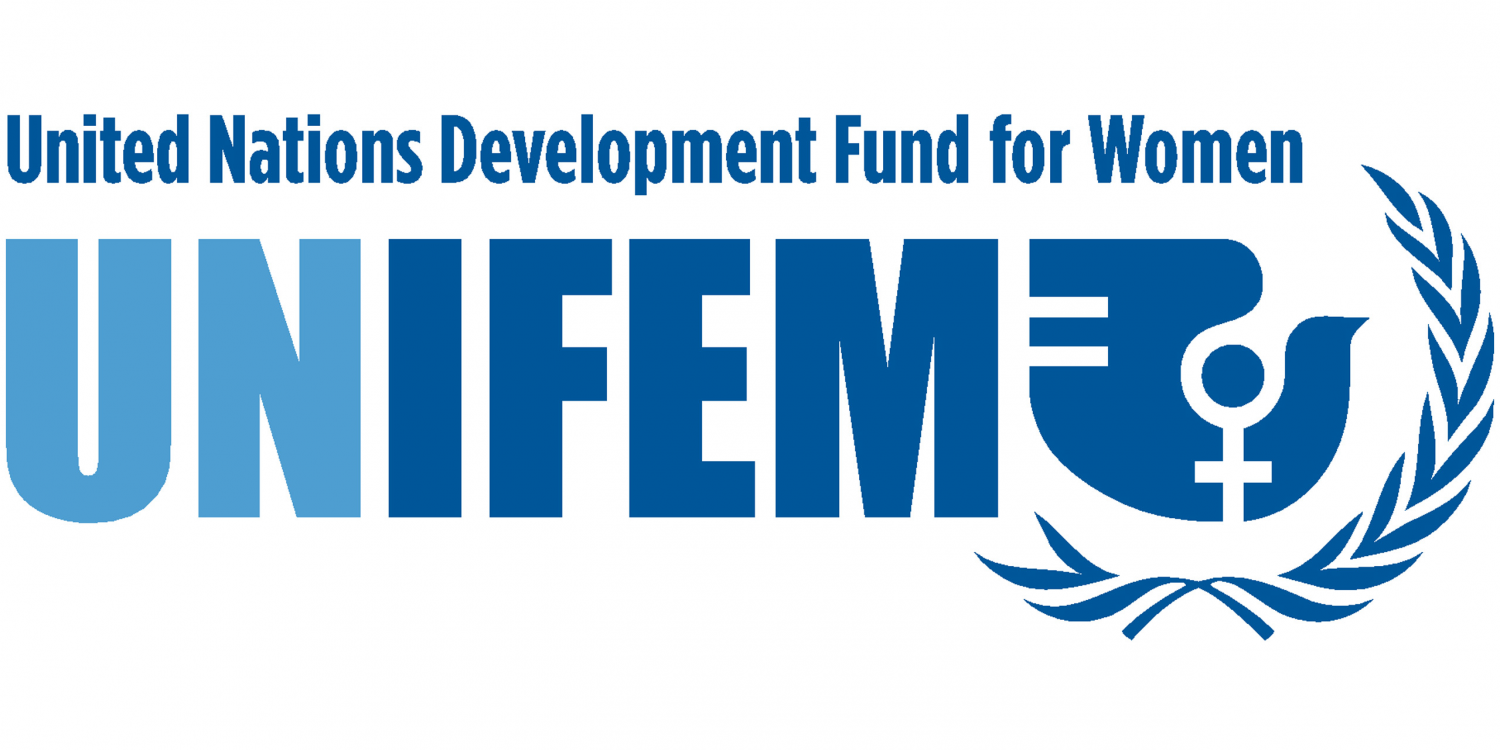Convinced that Rwandan girls had a special role to play in the reconstruction and social healing process following the 1994 genocide, Women without Borders (WwB) initiated the project ‘Kicking for Reconciliation’. The programme employed sports as a reconciliation and resilience strengthening tool. Over the course of two years, some 200 Hutu and Tutsi girls regularly played football together to spread self-confidence and self-awareness, and to find effective approaches to healing trauma, in their community.
The 1994 genocide in Rwanda left a whole country in search of a democratic and peaceful way forward. Rwanda’s first decade of post-genocide social reconstruction efforts had witnessed Hutus and Tutsis work tirelessly towards coming to terms with the scars of the recent past. Numerous institutions and commissions for reconciliation were set up for the sole purpose of addressing trauma and deep-seated feelings of resentment. With the average age of a Rwandan citizen at around 18 years in 2005, the country’s stability and prosperity inevitably rested in the hands of the youth. Women in particular had swiftly assumed a unique role in the challenging process of rebuilding peace.
Between 2005 and 2007, Women without Borders (WwB) rolled out its ‘Kicking for Reconciliation!’ sports model in the Rwandan capital of Kigali. The project was developed as a direct result of the feedback from workshop participants who previously had been a part of WwB’s ‘Fit for Leadership!’ programme in Kigali; girls partaking in the workshops had voiced their desire to play sports. Since female parliamentarians outnumbered their male counterparts, girls felt that women should also break into the male-dominated field of sports, and that girls should thus begin to be represented on the football pitches of Rwanda.
In the space of two years, around 200 Tutsi and Hutu girls formed mixed football teams, trained together, and played alongside each other across Kigali. Viewing sports as a constructive form of tackling societal tensions and advancing approach to post-conflict resolution, this programme offered a sensitive form of interacting with one another. As one of the original participants, who later became a trainer, took note, ‘Sports is the only language that everyone understands universally; it is a language that transcends borders’.
Through the founding of the girls’ football teams and the production of a training handbook, Women without Borders created a model project, which, in addition to providing football training and a sense of empowerment through sports, focused on self-confidence, self-awareness, and trauma healing. The joint training of Hutu and Tutsi girls was a new and unique initiative that presented itself as an investment into the future of Rwanda’s youth by forging community links and facilitating dialogue and peace.



